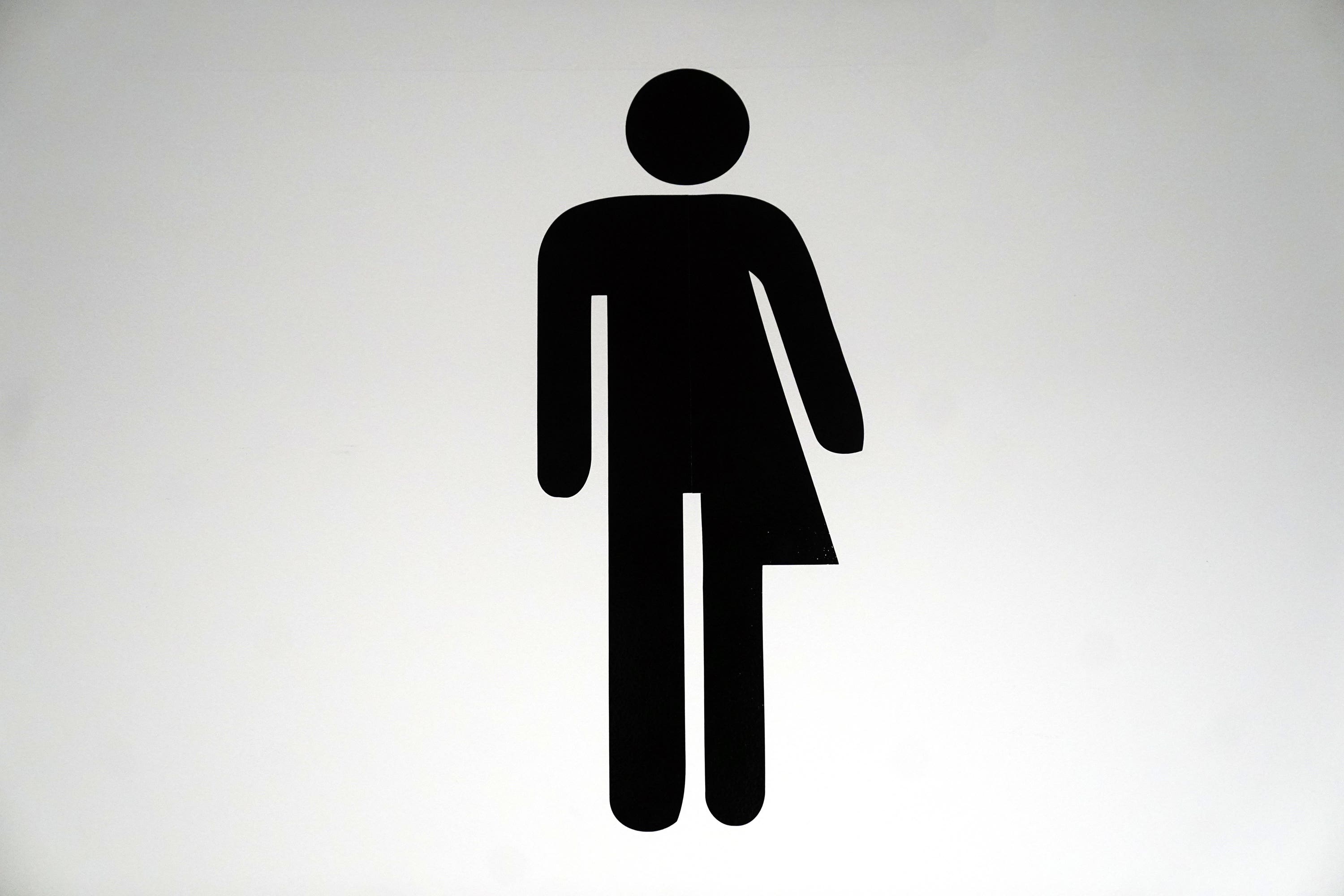Lack of guidance for schools on transgender pupils ‘frustrating’ – heads’ union
Headteachers are having to navigate the ‘complex and sensitive subject’ on their own, the Association of School and College Leaders said.

Your support helps us to tell the story
From reproductive rights to climate change to Big Tech, The Independent is on the ground when the story is developing. Whether it's investigating the financials of Elon Musk's pro-Trump PAC or producing our latest documentary, 'The A Word', which shines a light on the American women fighting for reproductive rights, we know how important it is to parse out the facts from the messaging.
At such a critical moment in US history, we need reporters on the ground. Your donation allows us to keep sending journalists to speak to both sides of the story.
The Independent is trusted by Americans across the entire political spectrum. And unlike many other quality news outlets, we choose not to lock Americans out of our reporting and analysis with paywalls. We believe quality journalism should be available to everyone, paid for by those who can afford it.
Your support makes all the difference.A lack of guidance for schools in relation to transgender pupils is “frustrating”, a headteachers’ union has said.
Geoff Barton, general secretary of the Association of School and College Leaders (ASCL), said schools are having to navigate the “complex and sensitive subject” of gender identity on their own.
In March, Prime Minister Rishi Sunak pledged that guidance for schools on transgender issues would be published “for the summer term”.
But, with the end of term approaching, reports have suggested the long-awaited guidance could be delayed further.
We’ve been telling the Government that schools and colleges need clear guidance on provision for transgender and gender-questioning pupils for the past five years
Mr Sunak has said it is “important” to take the time to get the guidance on transgender pupils right as it is a “complex and sensitive issue”.
On Monday, Education Secretary Gillian Keegan did not put a timeframe on when the guidance would be published.
She told MPs in the Commons that she is working with the equalities minister to bring it forward “in the near term”.
Reports in The Times have suggested the Attorney General and Government lawyers said plans to strengthen guidance would be unlawful, which could mean the publication of the guidance is delayed.
Mr Barton said: “We’ve been telling the Government that schools and colleges need clear guidance on provision for transgender and gender-questioning pupils for the past five years, so it is frustrating that it has now got to the point of producing something but appears to be locked in an internal political squabble which is causing a further delay.
“At present, schools have to navigate this complex and sensitive subject entirely on their own.
“Clear, practical guidance on this matter is important as long as it is genuinely supportive to schools and pupils and does not add to the existing and onerous expectations on schools.
“We will be looking very closely at the guidance when it is published and consulting with our members to ensure it is proportionate, fair and deliverable.”
A report by centre-right think tank Policy Exchange, published in March, suggested a number of secondary schools are not informing parents as soon as a child questions their gender identity.
It suggested that safeguarding principles are being “routinely disregarded in many secondary schools” when it comes to gender identity.
Mr Sunak told broadcasters on Wednesday: “This is a really complex and sensitive issue because it affects the wellbeing of our children.
“And it’s important that we get it right, given those complexities and sensitivities.
I’m committed to bringing forward that guidance but I want to make sure that we take the time to go through it properly
“I’m committed to bringing forward that guidance but I want to make sure that we take the time to go through it properly.”
The Prime Minister’s official spokesman said “more evidence” is needed before publishing the guidance on transgender pupils, but he declined to say whether ministers would change the law alongside the new guidance.
A spokesman for the Attorney General’s office said: “By longstanding convention, reflected in the Ministerial Code, whether the law officers have been asked to provide legal advice and the content of any advice is not disclosed outside Government without their explicit consent. That consent is rarely given.”